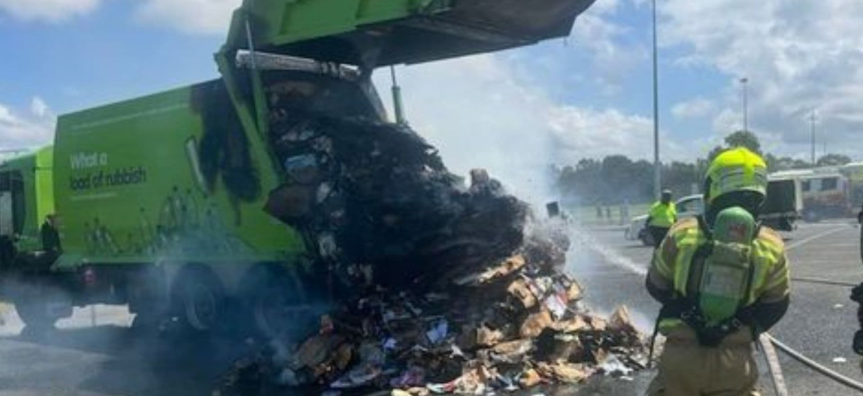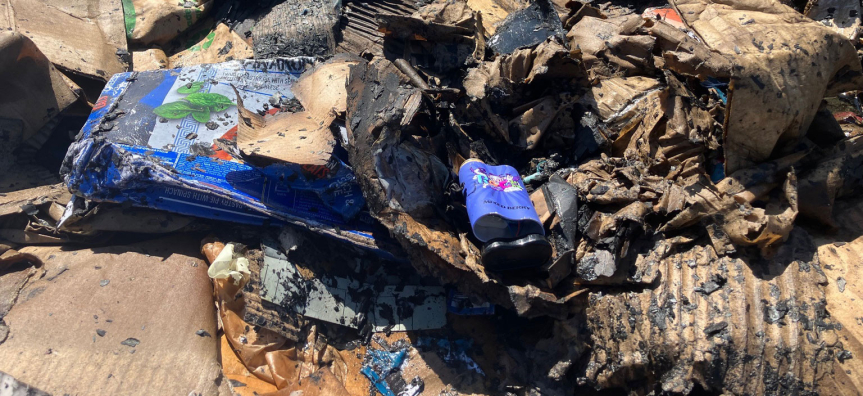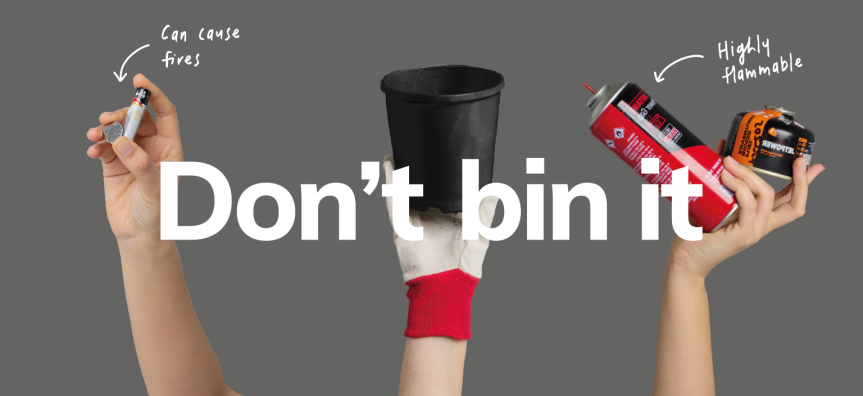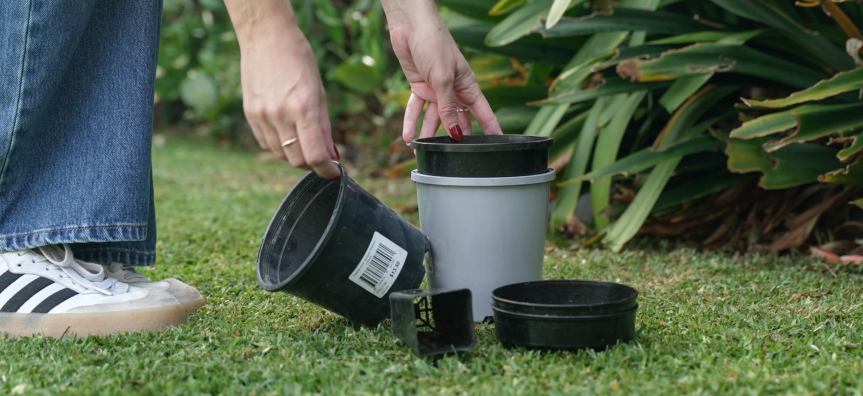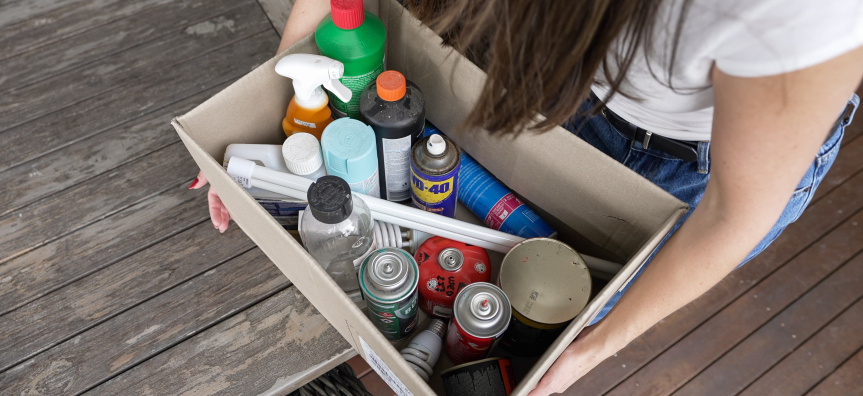A few weeks ago there was yet another fire in one of our waste and recycling collection trucks, with the likely cause a lithium battery within a vape.
Thanks to the quick-thinking work of the crew - who diverted the truck to a safe place - fire crews doused the fire and the truck and no one was injured.
But it’s a stark reminder of the danger of putting hazardous items in our household bins.
Across the Beaches, hundreds of tonnes of waste from our red bin, and recycling from our yellow, blue and green household bins is collected each week for processing, recycling or landfill as last resort.
But a lot of what is collected in your red bin simply doesn’t belong in landfill and often the recycling bins are contaminated with items that either can’t be recycled, should be recycled elsewhere, or in some cases causes a risk to the environment and to humans.
We know most of you want to bin it right, but often lack the correct information. So, when it comes to your rubbish, check out this quick list of what to avoid placing in your household bins.
Batteries
From button batteries to AAAs and those built-in to small electrical devices, batteries are toxic and can cause fires in trucks when compacted. They contain nickel, mercury and lead acid which is poisonous to the environment and people. Drop them off for recycling or disposal.
Butane and gas bottles
Whether you’re a camper or a DIYer or hobbyist, butane cannisters and gas cylinders don’t belong in any of your household bins. They can easily ignite and are one of the major causes of fires in rubbish trucks and at waste facilities. Instead you may be able to return to where you purchased them from, or take to a Community Recycling Centre or a EPA community Chemical CleanOut for safe disposal.
Plastic plant pots
A popular item and one that, when it comes to disposal confuses many residents. Don’t bin your pots but take them to Kimbriki or to your local big band hardware stores so some local nurseries for reuse by other gardeners or recycling.
Chemicals
Hazardous chemicals – such as, paints, pool chemicals and pesticides are harmful to the environment and people if not disposed of safely. Find out what you can take to one of the many Chemical CleanOut events or take to a Community Recycling Centre.
Polystyrene or styrofoam
Avoid breaking down Styrofoam packaging as small pieces won’t decompose and enters our food system when animals mistake it as food. Instead store it safely until our next polystyrene drop-off collection.
Remember if you want to bin it right, you don’t always have to bin it!
Check out our A-Z recycling and disposal guide to work out where you can recycle items that can't go in your household bins.

